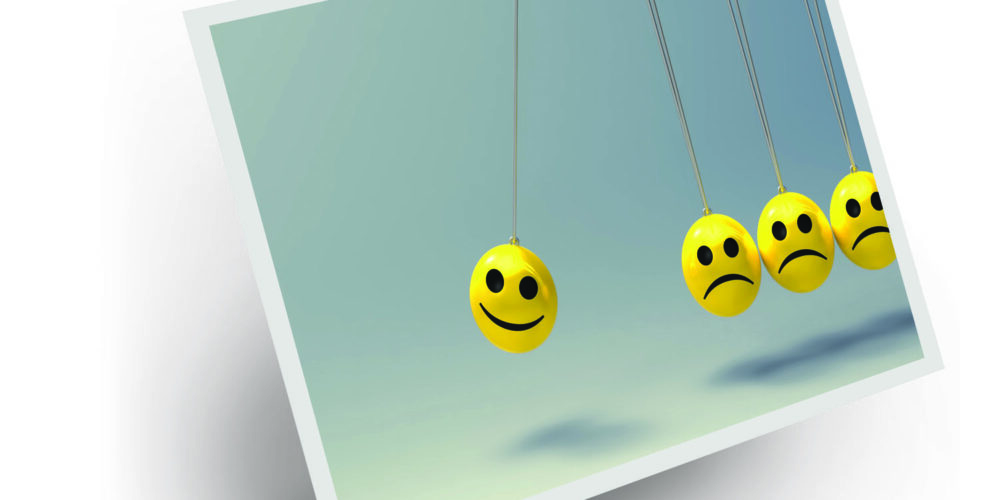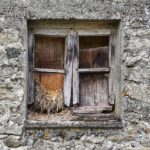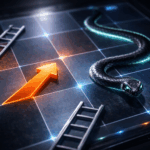The power—and limitations—of role models

I want to tell you about a certain gentleman today.
This person lived in a lower-middle-class estate back in the day, where there were many houses and children packed together, but little by way of recreational facilities for the kids. As a result, the children played mostly on the road—marking out “goals” with chalk to play ball games, for example. It was the sort of community where perhaps one or two homes had the income to afford a TV set, or a children’s bicycle—and everyone would pile in to share it.
This was a while back, so there wasn’t anything like today’s number of vehicles on the road. Nonetheless, children always playing on the road was neither safe nor desirable. So the gentleman in question decided to do something about it.
At his own expense, he paved over part of his own back yard, and painted out a badminton court. He bought a net, and many racquets and shuttlecocks. Every evening between five and seven o’clock, he sat himself down as the umpire. Children from all parts of the road would flock in; and this neighbour would note names, create doubles partners, and organize a mini-tournament daily. Every parent in the neighbourhood was grateful that their children could be preoccupied safely while learning a sport—and all at someone else’s time and expense. This evening activity continued for years, and only ended when this particularly generous soul moved away from the neighbourhood.
The gentleman in question was my grandfather, and I was one of those children.
I admit that I did not think too deeply about that act of kindness and community spirit at the time, but it strikes me deeply these days as I reflect on the meaning of human existence. My late grandad, in all the years I knew him, was kindness, courtesy, and generosity personified. I used the term “gentleman” intentionally; he was the gentlest man I ever knew.
I am not writing today’s column to eulogize a relative. I mention him only because I wish to discuss the phenomenon of role models in our lives. My grandfather became one of my role models, without ever knowing that he was. The older I became, the more I realized his contribution as an invisible mentor in my life.
And yet—I am not he. I could never sit and organize a children’s activity in my hood, and certainly not for years and years. I would never have the generosity to give away all those hours of my life to relative strangers. Many in my life might never even associate me with kindness. In what sense is my grandpa then my role model?
I thought of him just the other day, when I was asked to be present in an interactive session at a leadership retreat for one of our leading banks. A lady in the audience raised her hand to say something very touching. She recounted to the audience that she knew me from years ago, though I had forgotten her. She remembered me from just one incident, when I was unusually kind in a situation in which I could have been justifiably angry. That gesture, she told us, shaped her outlook towards life and may even have contributed to her growth towards a leadership role.
Aha, I thought that night: my grandfather lives on.
That, I think, is the point of role models. We cannot become them, nor should we even aim to. My grandad was not perfect at all; he was, like the rest of us, a flawed human. He too had his limitations and his weaknesses. But the balance of his life was positive; in the final tallying, he helped and aided far more than he hindered.
Role models show us glimpses of what we could be, and no more. If my grandfather’s example has made me a little kinder than my natural inclination, more often than I might otherwise have been, then his work is done. He has passed through to me; and I might pass through to others. It is not just genes we inherit; we can also inherit traits and behaviours. The great thing about this second type of inheritance? It happens in the observance, not the DNA; and it can be passed on to literally anyone we come into contact with. I have other role models, too, and most of them bear no relation to me. Some I have never even met.
We can all do this. Whenever we observe an act or gesture that is noble and good, we should record it in our minds to replay later. The act and intention, not the person. Then, when someday the opportunity comes to do something similarly virtuous, we should try not to look away. That is all. These little drops can lead to the evolution of a better person in all of us.
Who are your role models, and what did you see in them? And is there something in you that others may embrace someday?
(Sunday Nation, 30 April 2023)

Buy Sunny Bindra's new book
The X in CX
here »
Popular Posts
- Snakes and Ladders, AKA your lifeJanuary 25, 2026
- The man who passed by one markJanuary 18, 2026
- Make this your year of being boringJanuary 4, 2026
- How things fall apartFebruary 8, 2026
- Pretty isn’t the productFebruary 1, 2026















